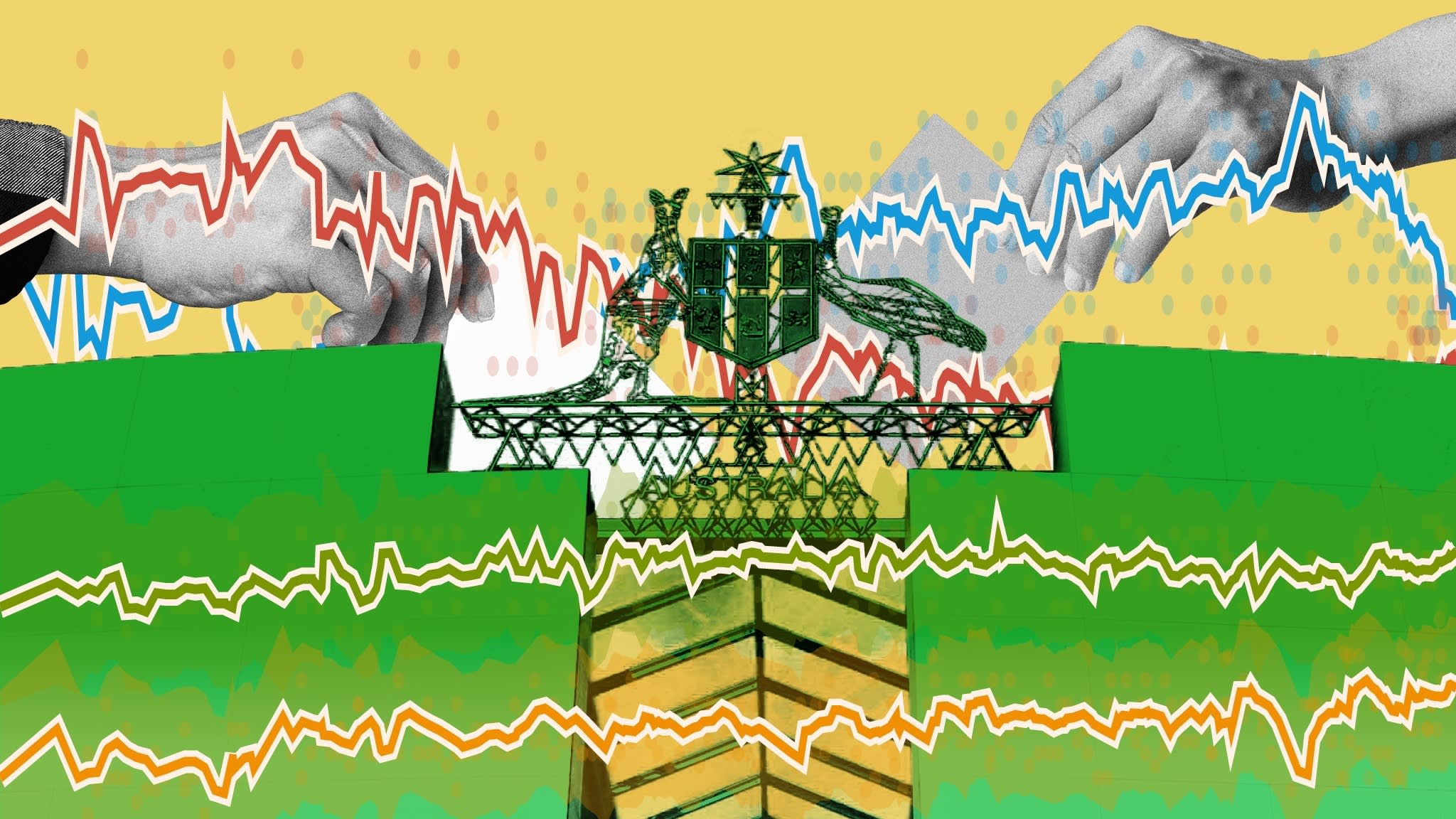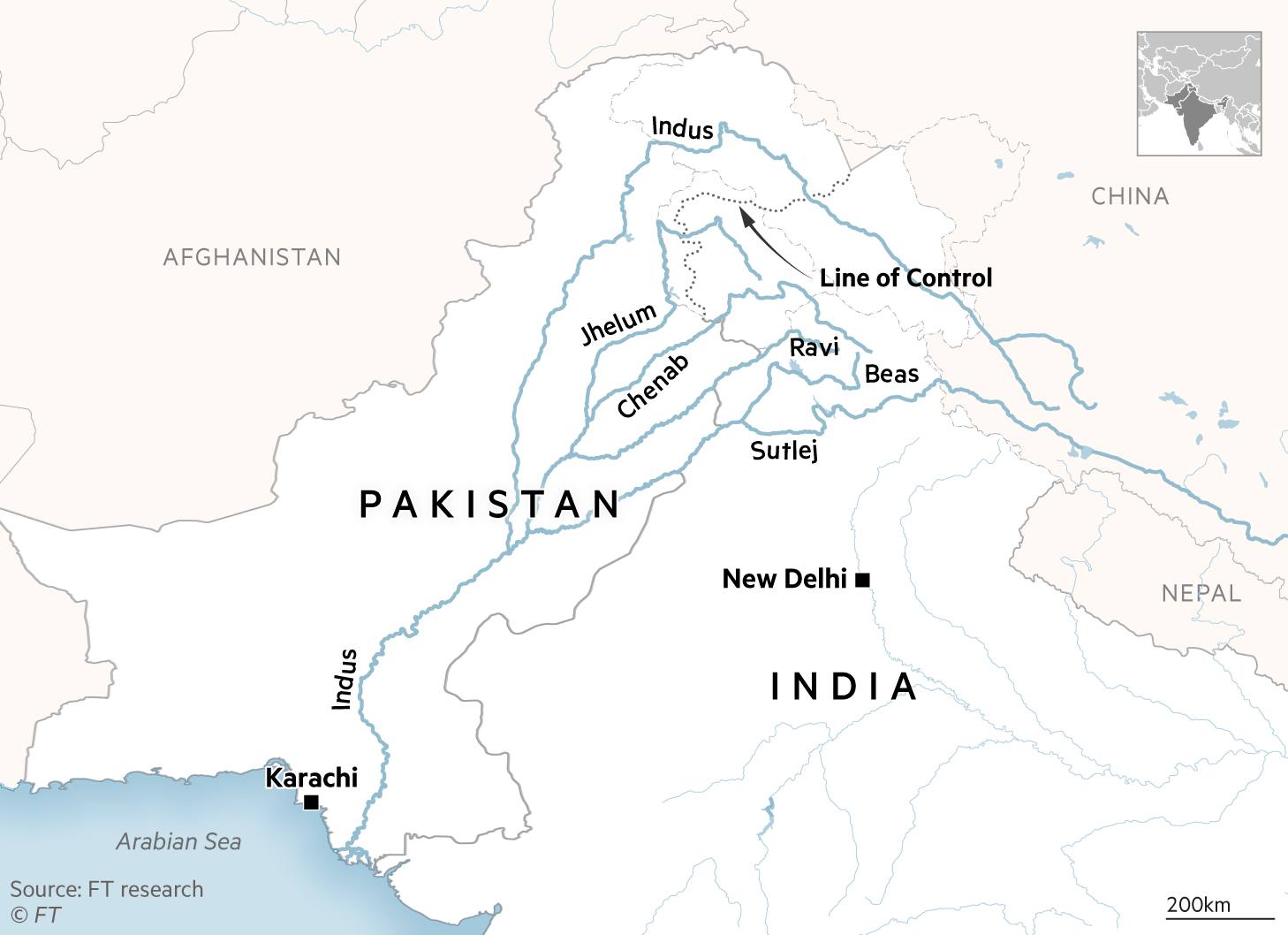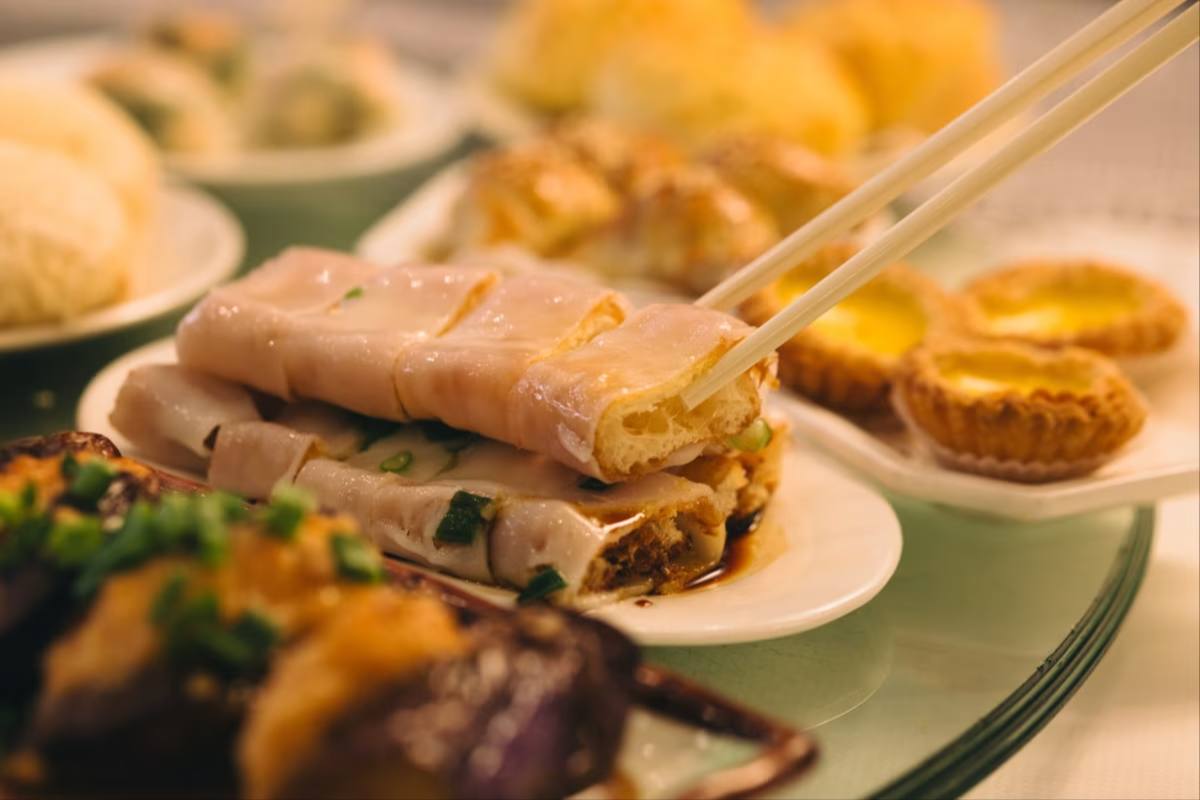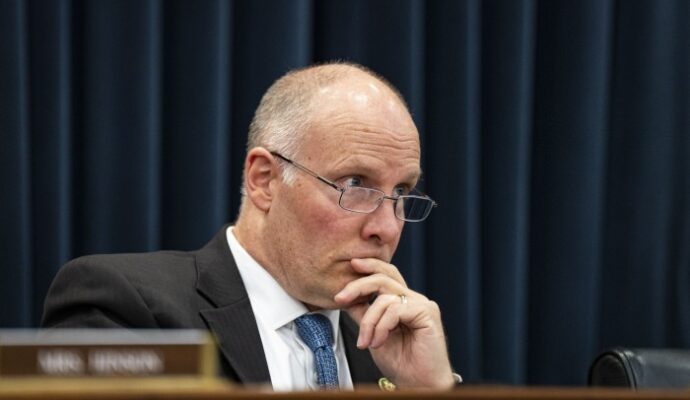This article is an on-site version of our FirstFT newsletter. Subscribers can sign up to our Asia, Europe/Africa or Americas edition to get the newsletter delivered every weekday morning. Explore all of our newsletters here
Good morning, happy Friday and welcome to FirstFT Asia. In today’s newsletter:
Political chaos in South Korea
Australia goes to the polls facing a geopolitical crunch
How Zelenskyy lured Trump with Ukraine’s minerals
We start in South Korea, where the country’s interim leader and the man who was supposed to replace him both resigned within hours of each other. Here’s what to know about the deepening political turmoil in Asia’s fourth-largest economy.
Double resignation: Prime Minister Han Duck-soo announced his resignation as acting president yesterday afternoon in order to stand for election to succeed conservative president Yoon Suk Yeol, who was removed last month over his failed attempt to impose martial law last year. Finance minister Choi Sang-mok was supposed to take over as acting president from Han, but in a shock move himself resigned in the evening after the opposition-controlled parliament launched fresh impeachment proceedings against him.
Education minister and deputy prime minister Lee Ju-ho took over instead as acting president from midnight — becoming the fourth person to act as South Korea’s head of state since December.
Election implications: The resignations came amid growing fears among South Korean conservatives that none of the prospective candidates from Yoon’s People Power party appear capable of mounting a credible challenge to leftwing frontrunner Lee Jae-myung. Lee was the preferred candidate of 48.5 per cent of respondents to a Realmeter survey released this week. The most popular PPP candidate garnered the support of 13.4 per cent of respondents. Han was not included in the poll.
“Even when Han announces his candidacy, this election will still very much be Lee’s to lose,” said Erik Mobrand, a political scientist at Seoul National University. Analysts also said Han’s decision to leave his post and enter the political arena himself was likely to fuel political divisions. Read the full story.
Here’s what else we’re keeping tabs on today and over the weekend:
Economic data: Australia, South Korea and Indonesia report inflation figures. Hong Kong publishes advance first-quarter GDP.
Results: Oil majors Chevron, Shell and ExxonMobil report. Meanwhile results are due in Japan from Mitsubishi, Itochu and Uniqlo owner Fast Retailing.
Elections: Australia and Singapore go to the polls on Saturday. Scroll down to today’s Big Read for more on the Australian vote — and see Wednesday’s story on the trade upheaval looming over Singapore’s election.
How well did you keep up with the news this week? Take our quiz.
Five more top stories
1. The CIA has released two videos on social media in a campaign to sow disillusionment among Chinese Communist party members and boost efforts to recruit spies in China. Analysts said the Chinese-language videos — including one titled “Why I Contacted CIA: For a Better Life” — sought to exploit concerns among leading members of the CCP about President Xi Jinping’s campaign to purge officials. Here’s more on the CIA’s efforts to rebuild its spy network in China.
2. Apple unveiled robust revenue growth yesterday as the company braces itself for a tumultuous few months of navigating the fallout from President Donald Trump’s tariff war with China. The iPhone-maker is heavily exposed to the trade dispute with Beijing and has moved to increase assembly in India to avoid the steepest tariffs.
3. The Bank of Japan has slashed its economic growth forecasts for 2025 and 2026, blaming “extremely high uncertainties” over trade, in a move that raises doubts about future interest rate rises. The BoJ’s updated forecast came alongside a unanimous decision by its policy board to keep the overnight call rate at “around 0.5 per cent”.
Japanese business: Canada’s Alimentation Couche-Tard has taken a significant step forward in its bid to buy Seven & i Holdings, after the 7-Eleven owner finally granted it access to the kinds of financial information it had been pushing for.
More Japan news: Share buybacks announced by Japanese companies in April nearly tripled on the previous year as boards opted for placating investors over holding dry powder for tariff uncertainties.
4. Trump has tapped secretary of state Marco Rubio to be interim national security adviser after firing Mike Waltz and his deputy following a scandal over the use of a private messaging app to discuss military plans. Several people familiar with the situation said the Maga movement had taken aim at Waltz long before the Signal scandal broke.
5. Brussels wants to increase purchases of US goods by €50bn to address the “problem” in the trade relationship, the EU’s top negotiator has said, adding that the bloc is making “certain progress” towards striking a deal. But Maroš Šefčovič, the EU’s trade commissioner, suggested in an interview with the FT that the bloc would not accept Washington keeping in place 10 per cent tariffs on its goods as a fair resolution to trade talks.
The Big Read

As Australia heads to the polls, it is facing a geopolitical crunch and deep economic challenges. It relies on the US for security guarantees while China is its largest trading partner. It is also trying to adjust to a world where fossil fuels — a mainstay of its economy — are being replaced by renewable energy. The Trump administration’s aggression towards its allies, which so dramatically affected the Canadian election, has also dominated the campaign. Australia’s reputation as “the lucky country” is facing a reckoning.
We’re also reading . . .
US-Ukraine minerals deal: From Trump Tower to the Vatican, FT reporters go inside the tortuous dealmaking to link Ukraine’s resources to US support.
Artificial intelligence: Developments in China could force a fundamental rethink of the broader assumptions underlying today’s AI valuations, writes June Yoon.
Pope Francis: The late pontiff sought to battle corruption in the Vatican, but his successor will face a steep challenge in balancing the books.
Map of the day
Rising tension between India and Pakistan over the rivers of the Indus basin — which traverse one of the world’s most volatile geopolitical faultlines and sustain about 300mn people — threatens to add dangerous fuel to one of Asia’s longest-running conflicts.

Take a break from the news
. . . and go on a food tour of Flushing, Queens, America’s biggest Chinatown. The FT’s Amanda Chu, who grew up in this New York City neighbourhood, shares the dim sum, hotpot and Peking duck spots that capture both its history and its future.



